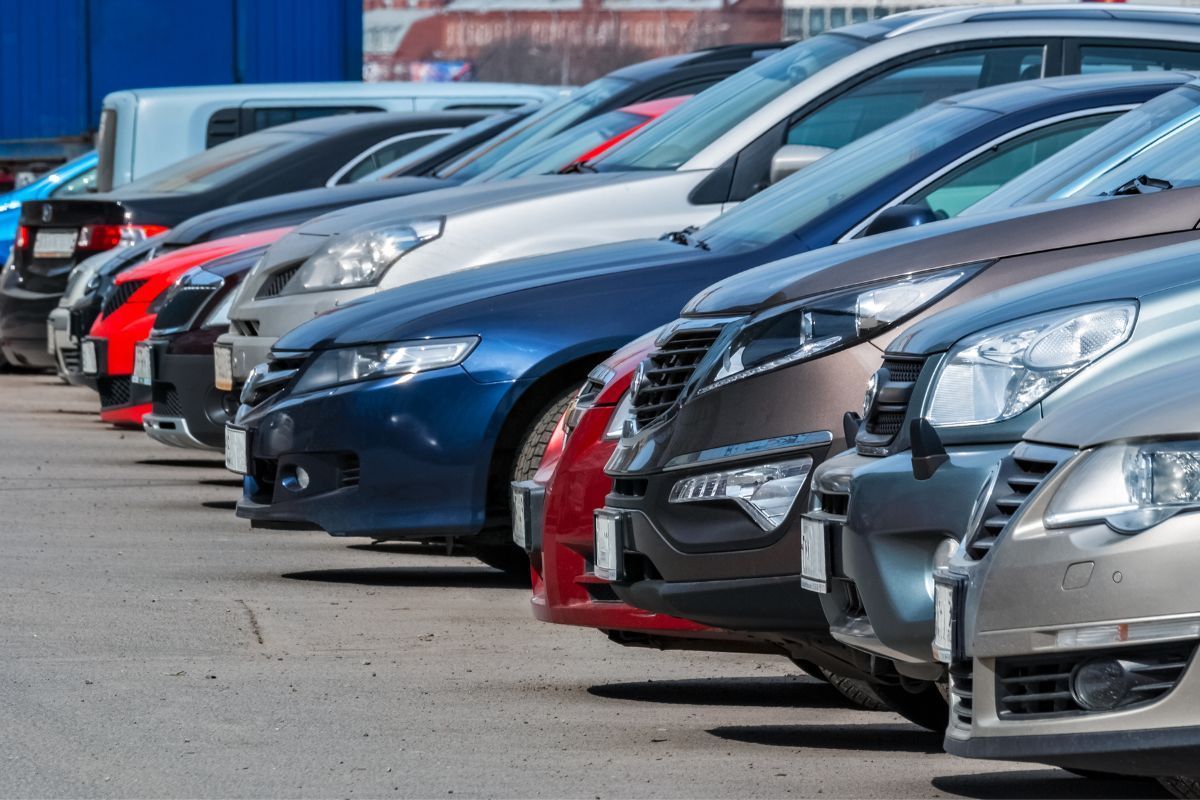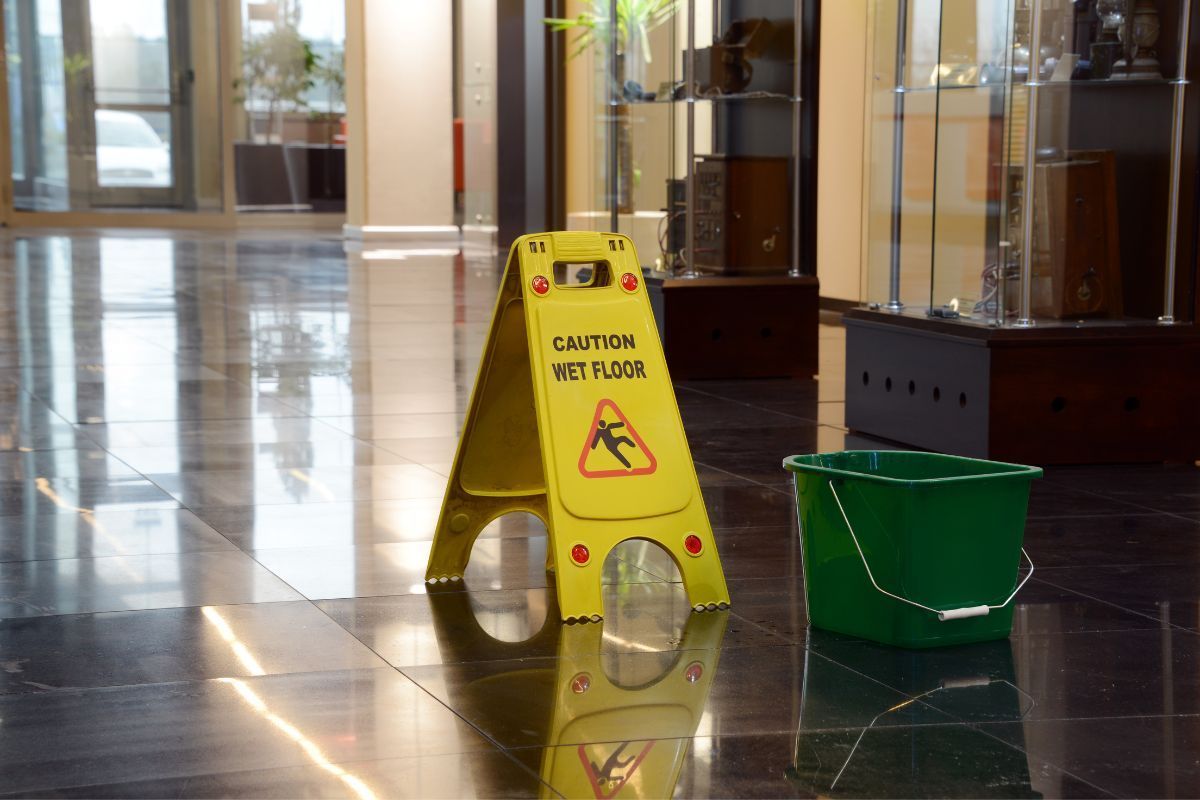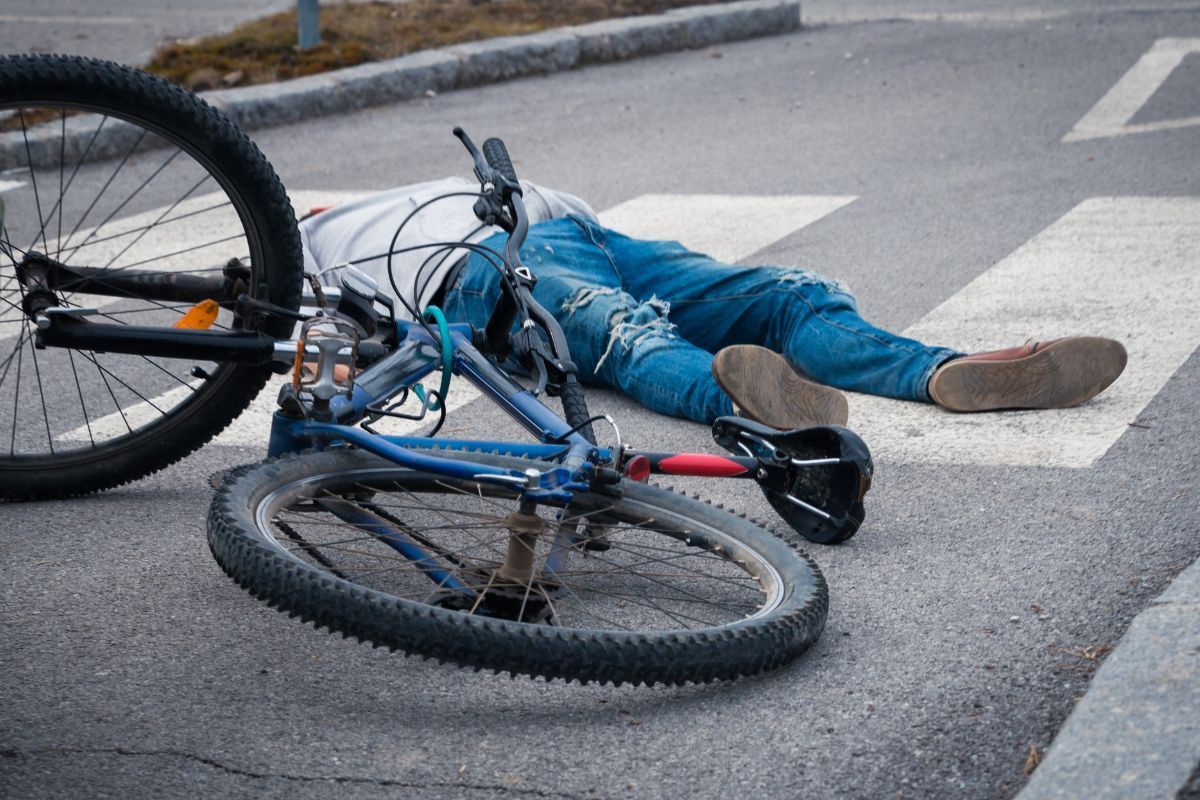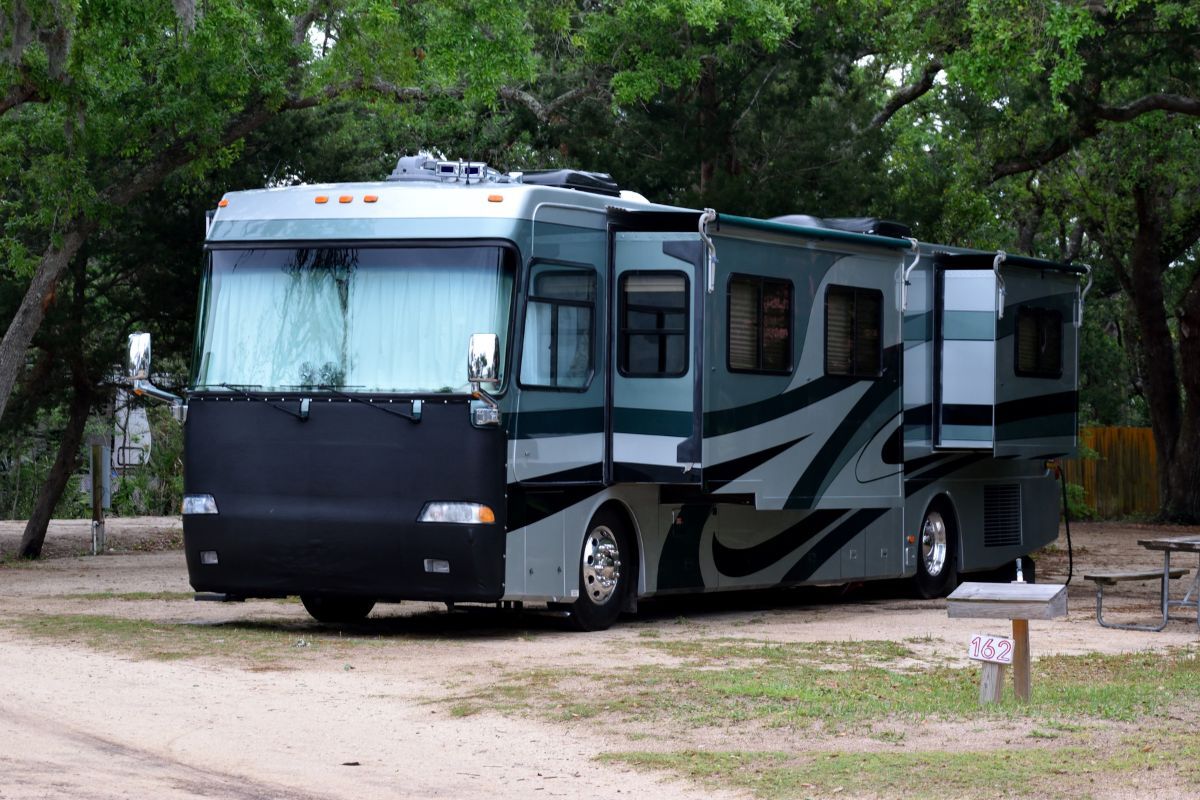Navigating Your Rights: Understanding Personal Injury Claims in Florida Boating Incidents
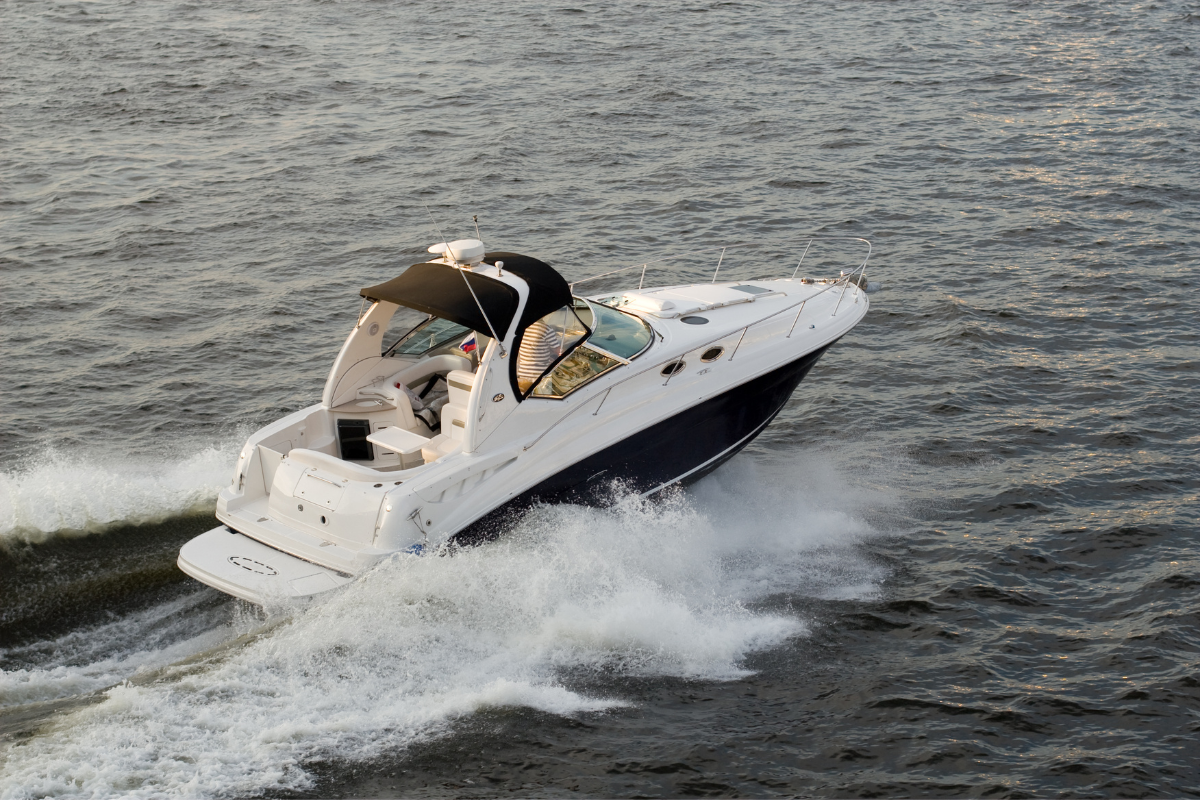
With Charlotte Harbor waters as a prime location for boating enthusiasts, understanding the intricacies of personal injury claims arising from boating accidents is essential for our community. GTS Law Firm, rooted deeply in the Charlotte County area, including Port Charlotte, Punta Gorda, Englewood, and North Port, brings forth insights and advice for those finding themselves in the unfortunate aftermath of a boating accident.
How Do Boating Injury Claims Differ?
Boating accidents in Florida present unique challenges compared to other personal injury claims. Given the potential for significant damages, these cases often see rigid resistance from insurance entities. The intricate nature of injuries demands a comprehensive legal approach, emphasizing the necessity of expert maritime knowledge.
The Role of Maritime Law
Maritime law is at the forefront when dealing with boating and jet ski accidents, introducing various complexities, such as determining the rightful jurisdiction. This specialized area necessitates a profound understanding to navigate successfully.
Classification and Causes of Boating Accidents
In Florida’s legislative landscape, jet skis are indeed considered boats if they meet specific criteria. Recognizing the common causes of boating mishaps, from reckless operation to boating under influence (BUI), is crucial for building a strong legal case.
The Vitality of Legal Representation
Experiencing a boating accident can be overwhelming, entangled with complex legal proceedings. GTS Law Firm is committed to extending unparalleled legal assistance, drawing from our extensive expertise in personal injury and maritime law. Our approach is personalized, acknowledging each client's unique journey towards seeking justice.
For those navigating the aftermath of a boating accident, remember, you’re not alone. Our empathetic team at GTS Law Firm is here to offer guidance, support, and representation. To discuss your case or for more insights into boating personal injury claims in Florida, connect with us. www.gtslawfirm.com (941) 625-6666.
Share This Post:
